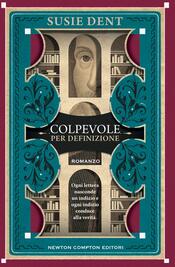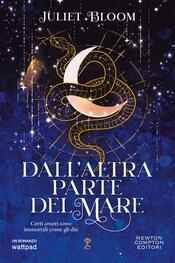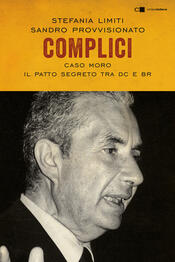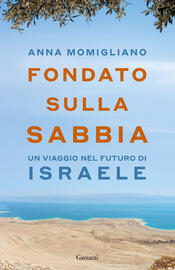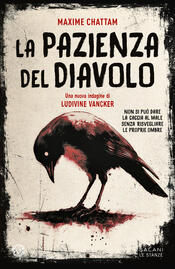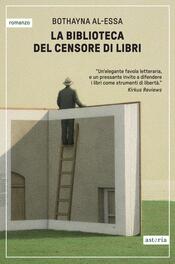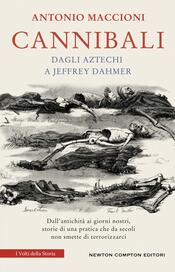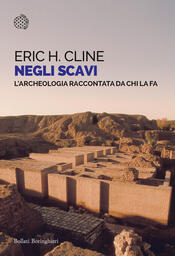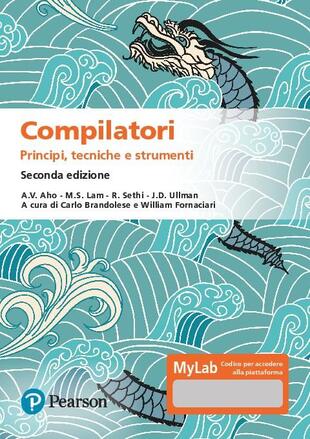

Compilatori. Principi, tecniche e strumenti. Ediz. MyLab. Con aggiornamento online
Acquistalo
Sinossi
L'attività didattica e di apprendimento del corso è proposta all'interno di un ambiente digitale per lo studio, che ha l'obiettivo di completare il libro offrendo risorse didattiche fruibili in modo autonomo o per assegnazione del docente. Il codice presente sulla copertina di questo libro consente l'accesso per 18 mesi a MyLab, una piattaforma digitale interattiva specificamente pensata per accompagnare e verificare i progressi durante lo studio. MyLab offre la possibilità di accedere al manuale online: l'edizione digitale del testo arricchita da funzionalità che permettono di personalizzarne la fruizione, attivare la lettura audio digitalizzata, inserire segnalibri anche su tablet e smartphone. Le attività formative e valutative sono dettagliate nella pagina di catalogo dedicata al libro, consultabile all'indirizzo link o tramite QR code.
- ISBN:
- Casa Editrice:
- Pagine: 908
- Data di uscita: 02-09-2019
Recensioni
The notorious dragon book shows us the manifold concerns surrounding the translation of high-level programming languages down to the binary codes palatable by machine hardware. Where computer organization and design showed the rock bottom of computing, Aho has built a submarine necessary to descendi Leggi tutto
There are certain books that everyone (in a relevant technical field) knows. Baby Rudin, CLR, Patterson-Hennessy, Golub and Van Loan, and Kernighan and Ritchie are all fine examples. The Dragon Book is another fine example, despite this odd reputation it has for being too dryly theoretical. We used
I took "Compilers", otherwise known as CS444, at the University of Waterloo over 20 years ago. What a fantastic course and a fantastic book! We worked in teams of 3 or 4 and developed a full-fledged compiler in one frantic term. I remember the sleepless nights (literally) leading up to the deadline, Leggi tutto
Good content, horrendous writing. The good thing about this book is it is comprehensive and covers a lot of ground from different vantage points. For example, the parsing chapters also cover the design of lex and yacc apart from basic topics. The type checking and runtime environment chapters had exa Leggi tutto
I read both version 1 and version 2 of this book. version 1 uses C language for the examples wheres version 2 uses Java. In some parts I prefer version 1 and in other parts I prefer version 2. Both versions are still mostly the same core concepts. For both cases the important chapters for today's (20 Leggi tutto
This book teaches an abstract way of thinking. In theory anyone can write a compiler without reading this book. I suppose that most people who read this book don't write any compilers. However, this book did change my programming mentality. It's one of the very few books I do recommend.
The classic dragon book, that almost every computer science student encounters during their studies. While it contains a few mistakes and is a bit hard to read, it remains a great resource for understanding how compilers work
This book can be a bit esoteric and hard to understand. There are several other books that go into greater detail that can help fill in the gaps that are left out of this book. I wouldn't read this book by itself to gain enough knowledge to really grasp the subject. As well, there are many good open Leggi tutto
Citazioni
Al momento non ci sono citazioni, inserisci tu la prima!




